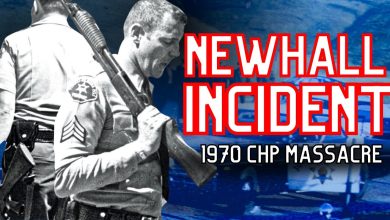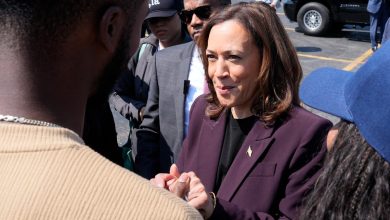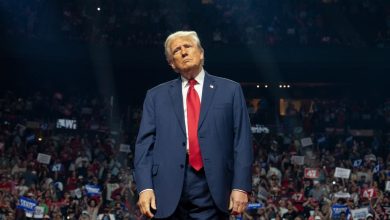Chicago creates new court to handle expected mass arrests during DNC
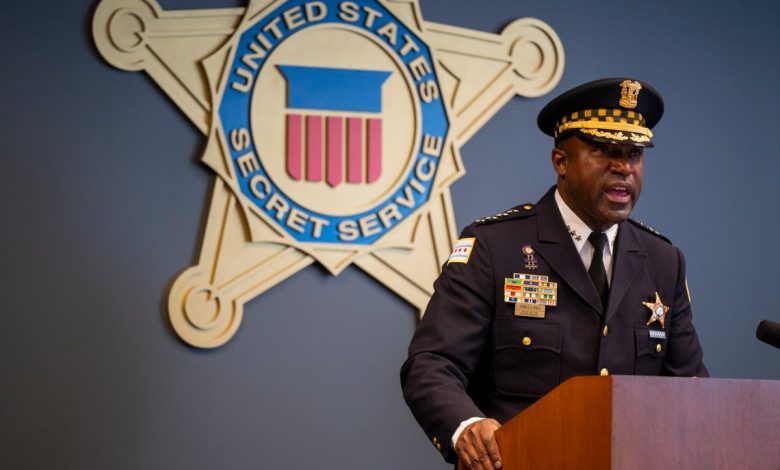
Chicago courts and police are preparing for potential mass arrests outside the Democratic National Convention in a city where violent images of officers beating demonstrators at the turbulent 1968 event have loomed ahead of this year’s conference.
Court officials have announced that a defunct courtroom at a Chicago police station will temporarily reopen to process and release dozens of people, if necessary.
Chicago police — which paid out millions of taxpayer dollars to defend and settle lawsuits related to misconduct during 2020 protests — also vowed to respect demonstrators’ civil rights and have prepared for unrest with live drills featuring actors playing screaming protesters.
But civil rights groups and the city’s police watchdog have raised “serious concerns” about “mass arrest” policies and law enforcement’s capacity to responsibly handle potentially thousands of people marching in the streets and near the United Center, where the convention will be held.
Dozens of groups are planning to protest Democratic support for Israel’s war in Gaza during the convention.
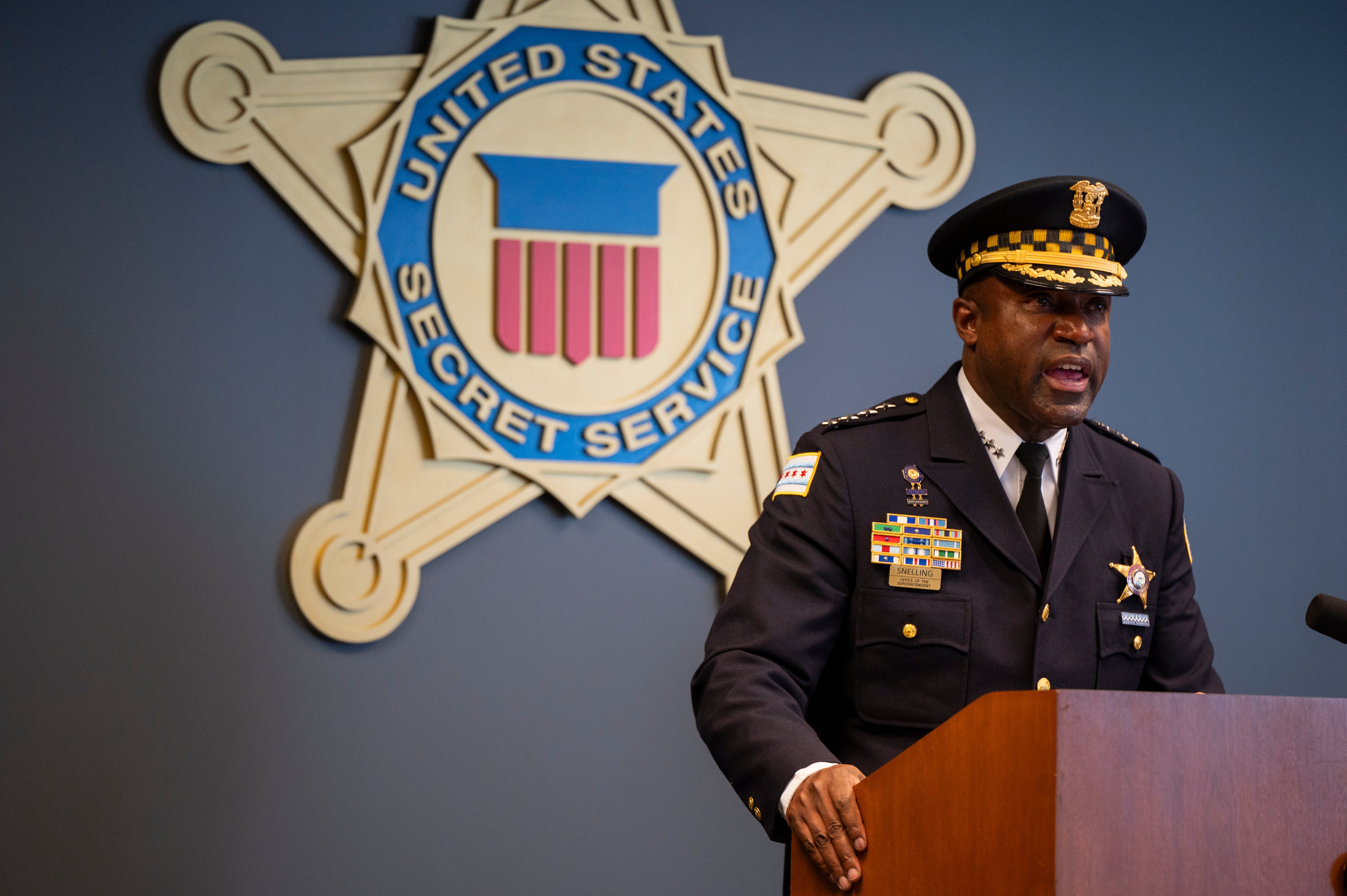
“Police should be looking to de-escalate engagements with protestors, and must not use interactions as a pretext for mass arrests, violence, or retaliation,” Edwin C. Yohnka, director of communications and public policy at the ACLU of Illinois, said last week in response to plans for a security perimeter at the event.
“Simply engaging in First Amendment activity, including peaceful activity that may cause inconvenience to others, is never a reason for arrest. Arrests should not be a tool for suppressing free expression,” he added.
The convention will return to the Windy City the week of August 19, when Vice President Kamala Harris is expected to be formally designated the party’s nominee to face Donald Trump in the 2024 election.
Threats of political violence and ongoing demonstrations targeting US support for Israel’s war in Gaza have hovered over this year’s elections. Secret Service personnel are also expected to face heavy scrutiny after the attempted assassination of Trump during a rally in Pennsylvania on July 13. Law enforcement failures prompted officials to call for the resignation of the agency’s director Kimberly Cheatle, who stepped down last week.
Cook County judges have worked to clear their civil and criminal court calendars, and Chicago jurors won’t be summoned that week for one of the busiest courthouses in Illinois.
A courtroom at the Area 3 police station at Belmont and Western avenues on the city’s Northwest Side will be reopened to handle “coordinated multiple arrests” — situations in which an officer hands off a person who is being detained to another officer so the initial officer can stay on the scene. It will open from 8am to midnight to help quickly process defendants.
From there, they will be released from the station with a citation or held for a hearing before a judge. The station can hold about 90 people at once, according to officials.
The state’s Pretrial Fairness Act mandates a presumption of release, and the charges that are most likely to be handed to protesters are not eligible for pretrial detention. Most people who are arrested during a mass event, if any, are likely to be released that same day.
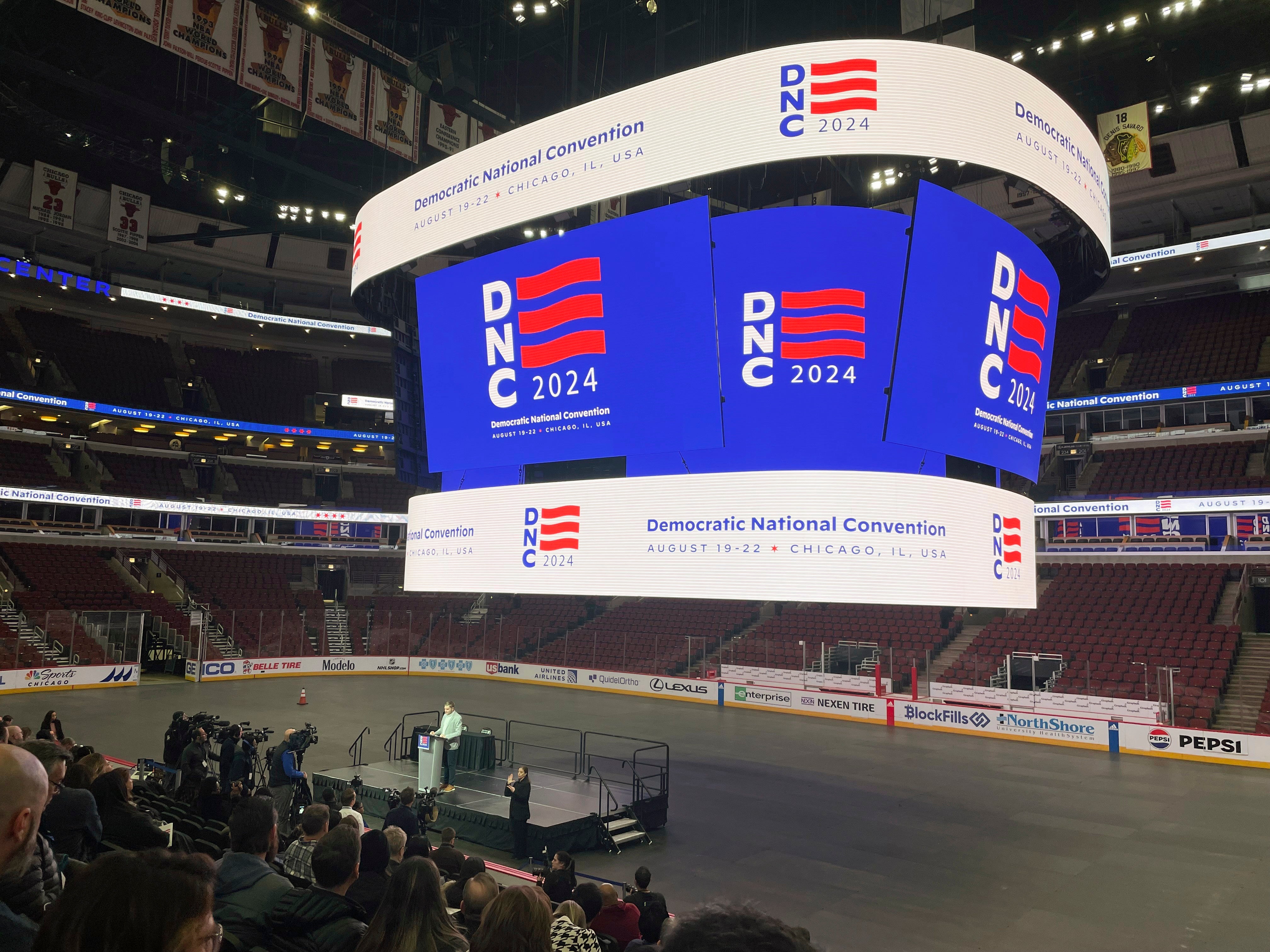
At least 57 judges have been trained on the Pretrial Fairness Act and will hear cases at the facility, if necessary, according to a court spokesperson.
“We want to make sure the police are able to focus on providing security and that the rights of arrested individuals are scrupulously respected,” Cook County Chief Judge Evans said last week.
Police Superintendent Larry Snelling insisted that the city’s police has learned from past mistakes and is preparing for the best while bracing for the worst.
“We will respond to protect people’s rights. We will respond to protect the city,” he said earlier this month. “And we just want to make sure that we keep it as peaceful as we possibly can.”
A coalition of civil rights and community groups have warned that an early draft of a “mass arrest” policy “eviscerates protections” for protesters. After it was redrafted, the group continued to voice “serious concerns,” according to federal court filings.
The group argued that the policy does not distinguish between First Amendment-protected activities and illegal actions like looting, or “between unlawful but nonviolent civil disobedience and unlawful actions that could result in physical harm to people or property.”





